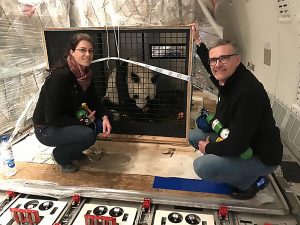A 33-year-old man has died in a freak fishing accident after a catfish’s spines pierced his heart.
The fatal incident took place in the area of Puerto Baquerizo in the canton of Naranjal in the coastal Ecuadorian province of Guayas on Saturday, 5th March.
Victim Adolfo Raul Mejillones Ponce had been out crab fishing with other fishermen.

After completing their catch, they were on their way back to shore when they came across a large silver catfish (Rhamdia quelen), which they tried to capture.
However, the boat they were in was rocked by a wave, and the man fell against the catfish spines that reportedly pierced his chest at heart level.
The other fisherman immediately rushed their injured friend to a health facility. However, he died en route.

The autopsy report said that the catfish’s stinging apparatus pierced his skin, muscle and heart, causing severe internal bleeding into the chest, resulting in his death.
Catfish’s stinging apparatus consists of a sharp, bony spine, which is covered by an integumentary sheath containing venom glands.
Specimens can extend this apparatus when agitated. The majority of specimens are passive stingers. However, aggressive behaviour is not unheard of.

The silver catfish and other species of the same genus are nocturnal, opportunistic carnivores and are found in a wide range of freshwater habitats.
‘Noodling’, which is the term for the practice of fishing for catfish using one’s bare hands, is illegal in some US states, partly due to safety concerns.



